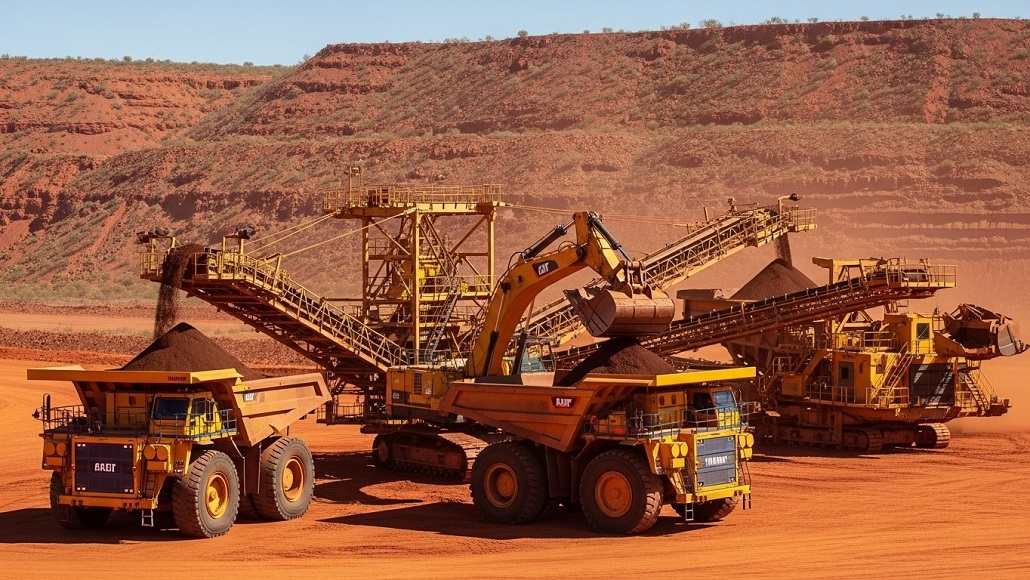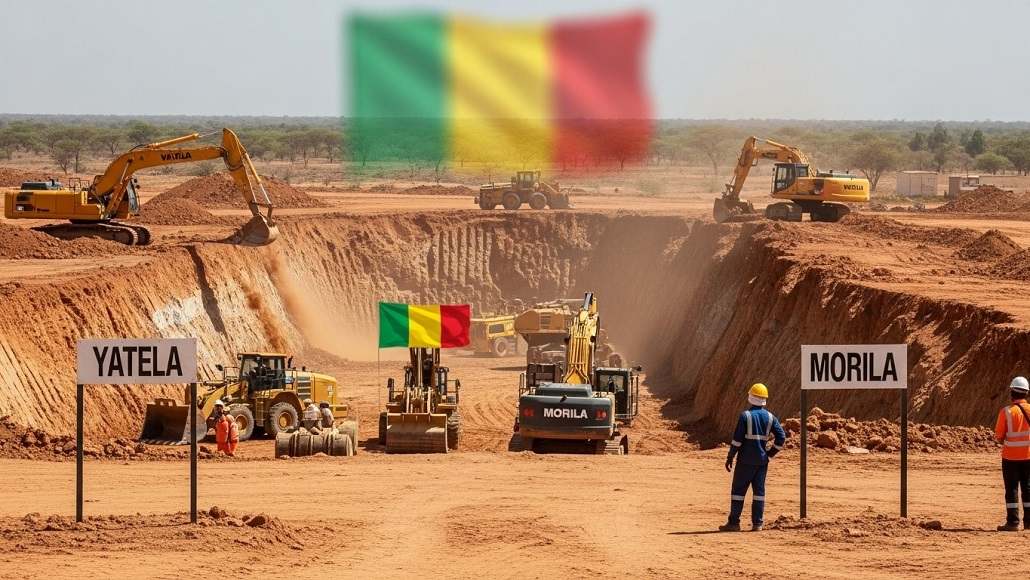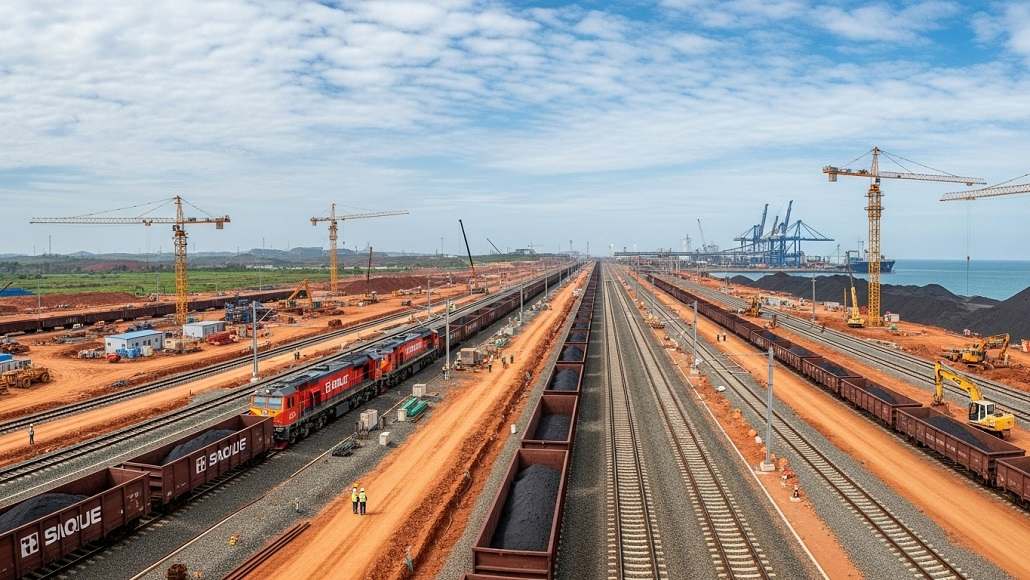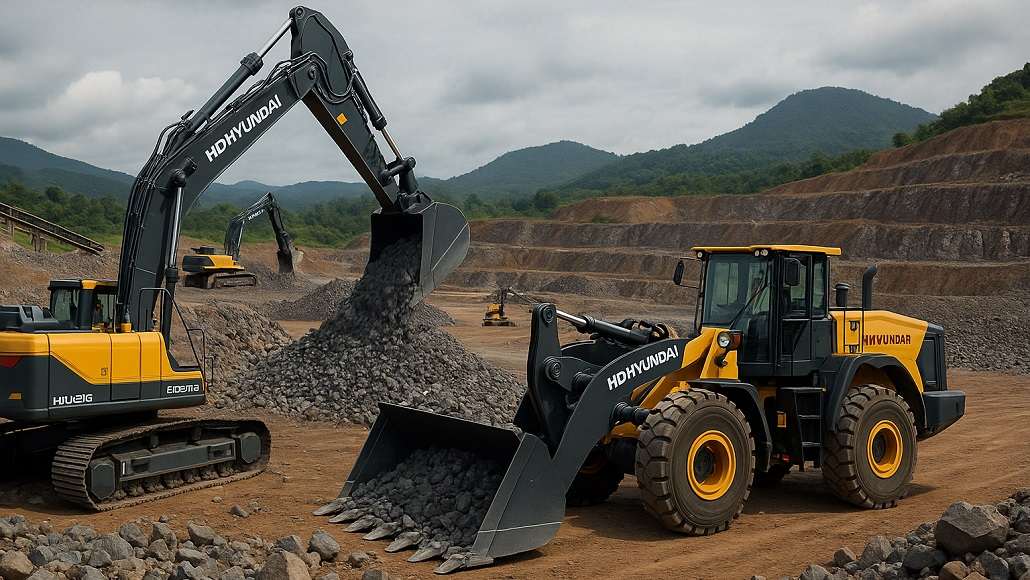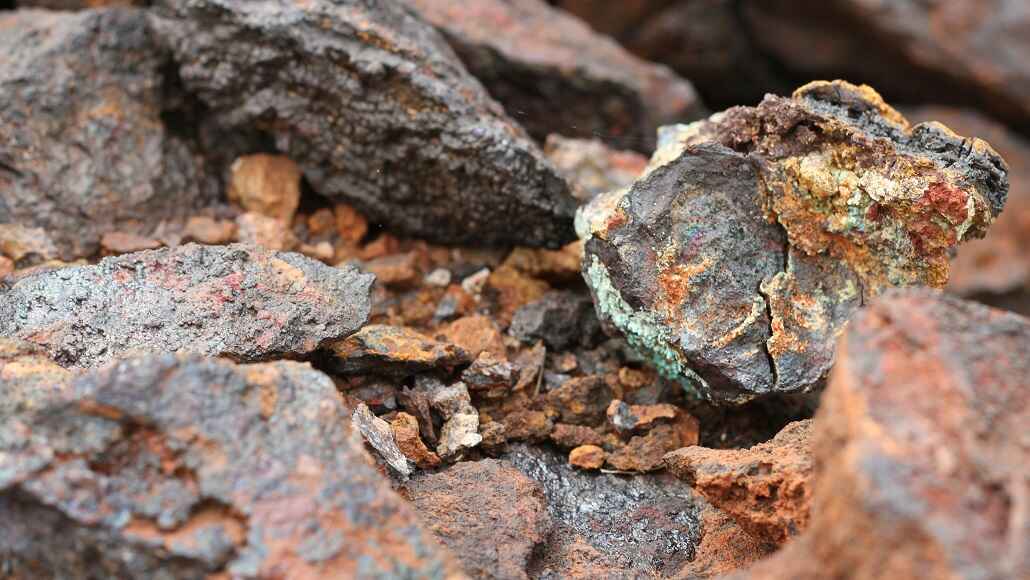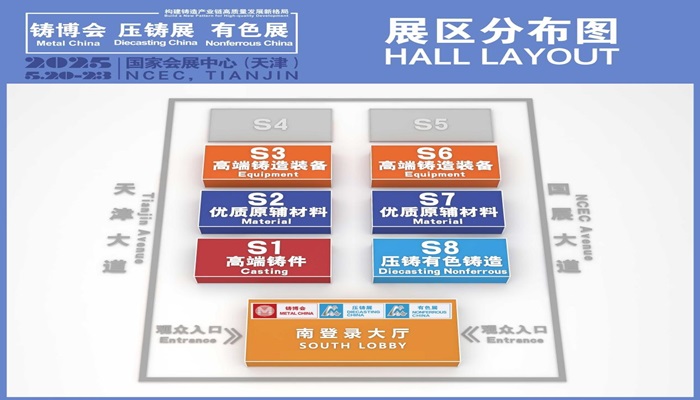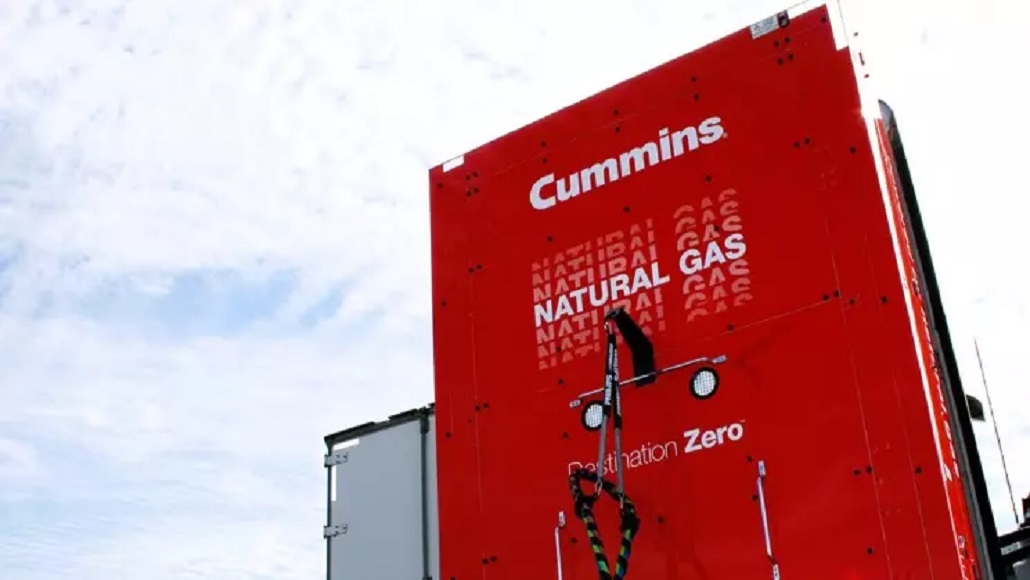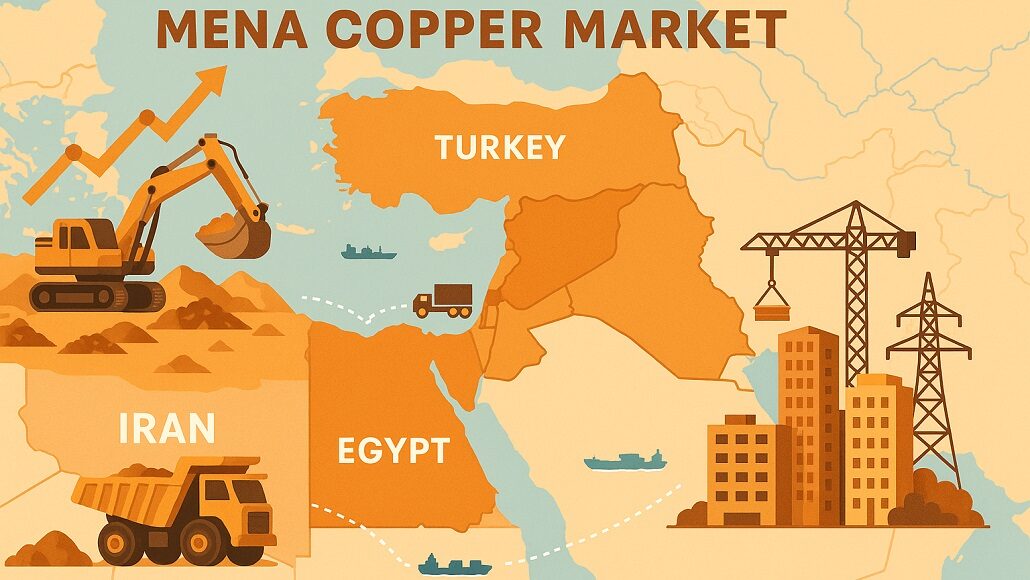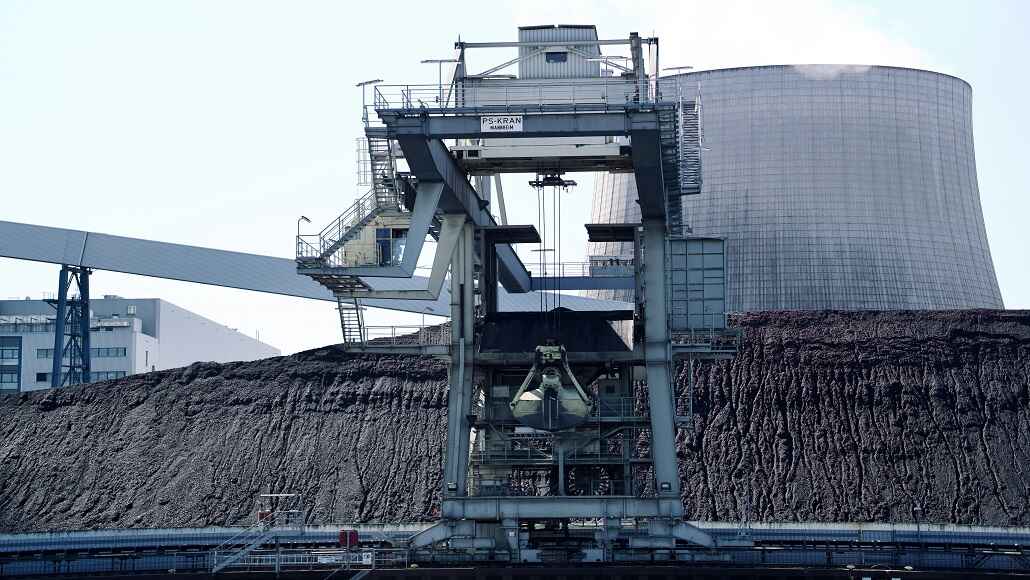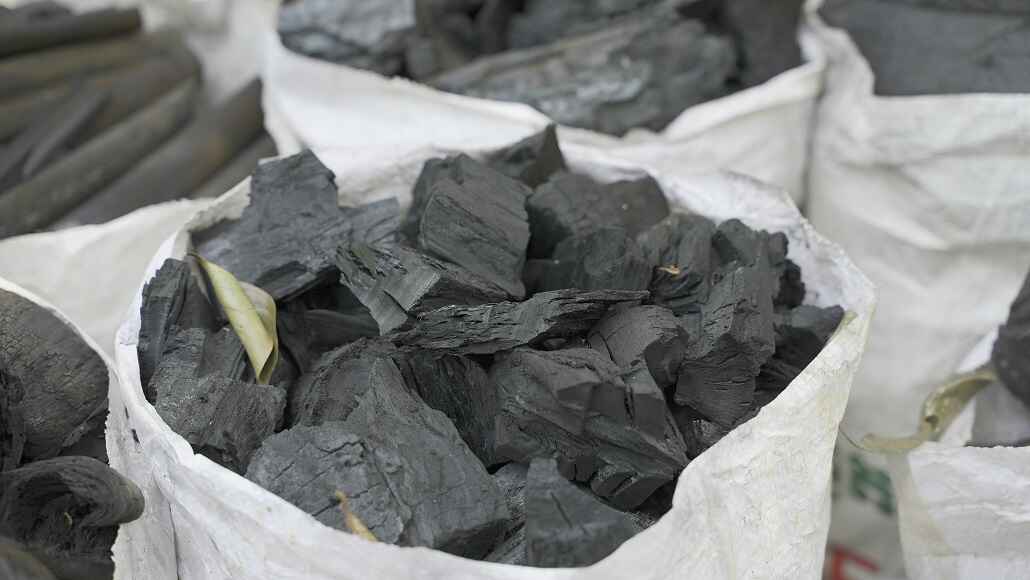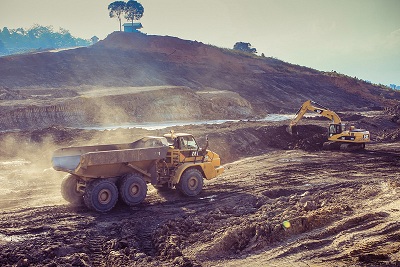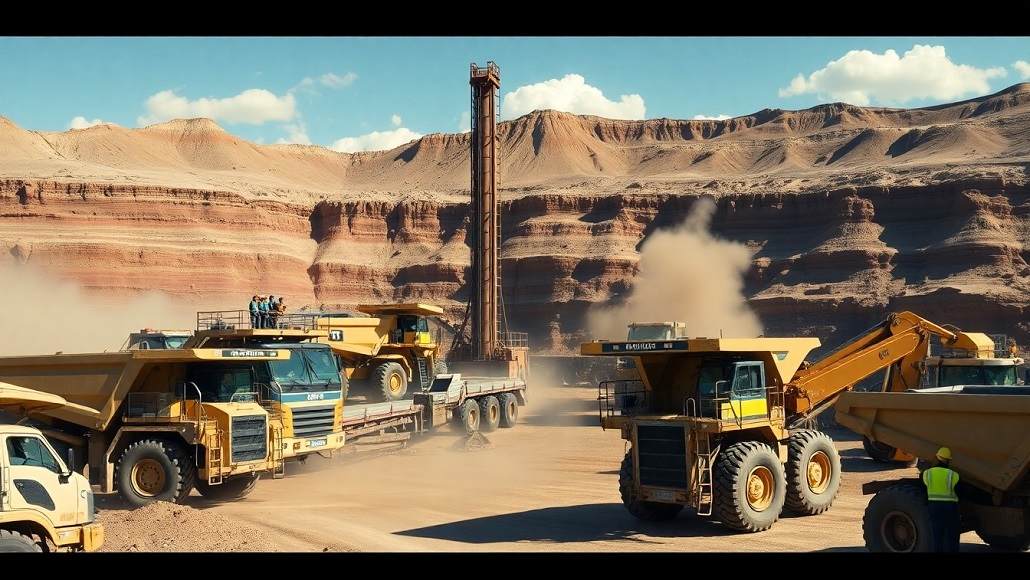Mining giants Vale and Glencore have called off their talks to merge the Sudbury nickel operations in Canada, which could have resulted in $1bn of cost savings a year.
Discussions failed as the companies could not agree on sharing the costs and savings, as well as objections from the government and labour union over potential job cuts and shutdowns, sources told Reuters.
A source said: “Both sides more or less agreed on what the optimum structure of a combined Sudbury business would look like, but to enable that to be created, very difficult decisions needed to be taken, and the appetite or the ability to take those decisions was not there.”
The talks between Vale and Glencore over the merger of the Sudbury mines, mills and smelters began in late 2013, when the nickel price was at a four-year low, forcing the companies to cut cost; however, the Indonesian on unprocessed ore exports earlier this year has increased nickel prices to $18,800 a tonne, prompting the companies to reconsider their options.
Bernstein Research analyst Paul Gait told the news agency that: “If the nickel price were still weak, then a lot of these operations would be under water, and the imperative to cut costs acts as a very great focus for management.
“But the nickel price has recovered and that makes any kind of restructuring much harder to achieve. It becomes very difficult to persuade the government and a highly unionised workforce that restructuring is needed when you have cash-positive operations.”
Previous attempts to combine the Canadian nickel assets by Inco and Falconbridge in the mid 2000s also failed, following which they were acquired by Vale and Xstrata.


